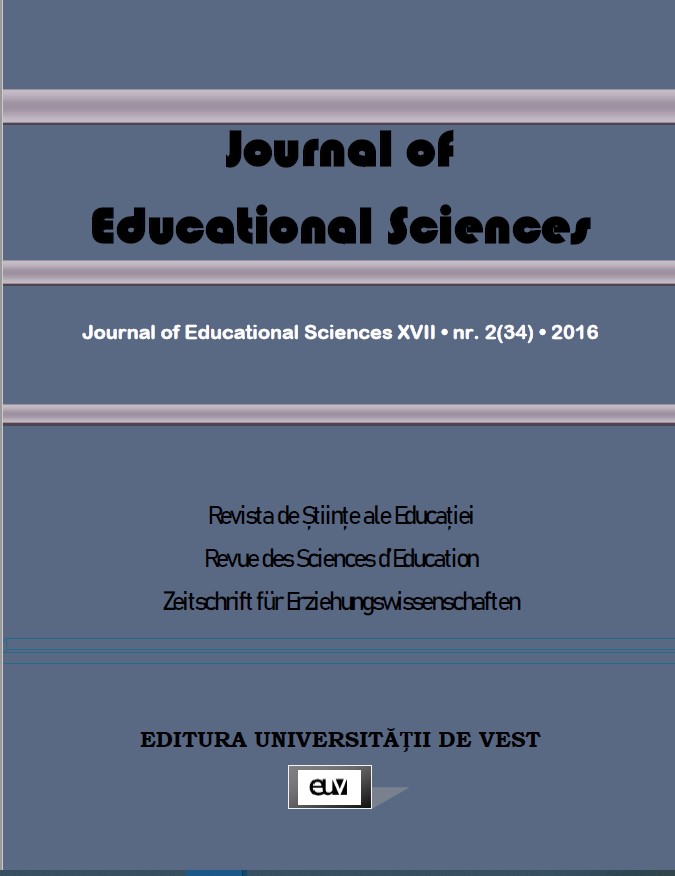Public socialization pattern in education
Public socialization pattern in education
Author(s): Szilvia Mehring-TóthSubject(s): Social Sciences
Published by: Editura Universității de Vest
Keywords: equal opportunities; socialization in school; gender roles; public life pattern.
Summary/Abstract: The study presents the opinions of educators on the role of public socialization in school in the 21st century with a gender-thematic aspect from an interdisciplinary approach. The basic principle was that school is the second most important socialization context, the first is family. On one hand this is because the person and the thinking of the educator provide a model for the students. On the other hand qualification, competencies and socialization patterns acquired by education form the development of civil attitude. Due to this the experience and background of educators with double role, namely educator-politician teachers, are of utmost importance.The analysis starts with a brief introduction of the theoretical background (genderstudies). From 1966 the principle of gendermainstreaming has an increasing role in the standards (in contracts, statements) of international organizations (UN, EU) and countries. The development of the gender gap has been measured since 2006 mainly in the area of education and politics. (2015, Global Gender Gap, in 145 countries). An overview of 2015 partial index results of Hungary, Slovakia, the Czech Republic, and Poland is provided.Following the quantitative data, relations of school, qualification, and participation in decision making are analysed, then the qualitative results of the research are presented. Our research question aimed at the type of civil pattern and attitude occurring through socialization in school settings in rural, small cities nowadays. From the aspect of the gender approach this is important because women with adequate competencies do not take up a public leading role in a negative background.In our opinion school and educators may have an important role in creating a balanced public life.All respondents (8 persons) are teachers in leading positions (Principal, Vice Principal, or Head of Department) in different elementary schools of the county of Baranya. To preserve the heterogeneity of the sample women and men (4-4 persons), and educators experienced in local politics and having no public role (4-4 persons) were questioned equally. From our results public experience and instantaneous political attitude of rural educators, that is the patterns of school socialization can be traced.
Journal: Revista de Științe ale Educației
- Issue Year: 34/2016
- Issue No: 2
- Page Range: 51-59
- Page Count: 9
- Language: English

